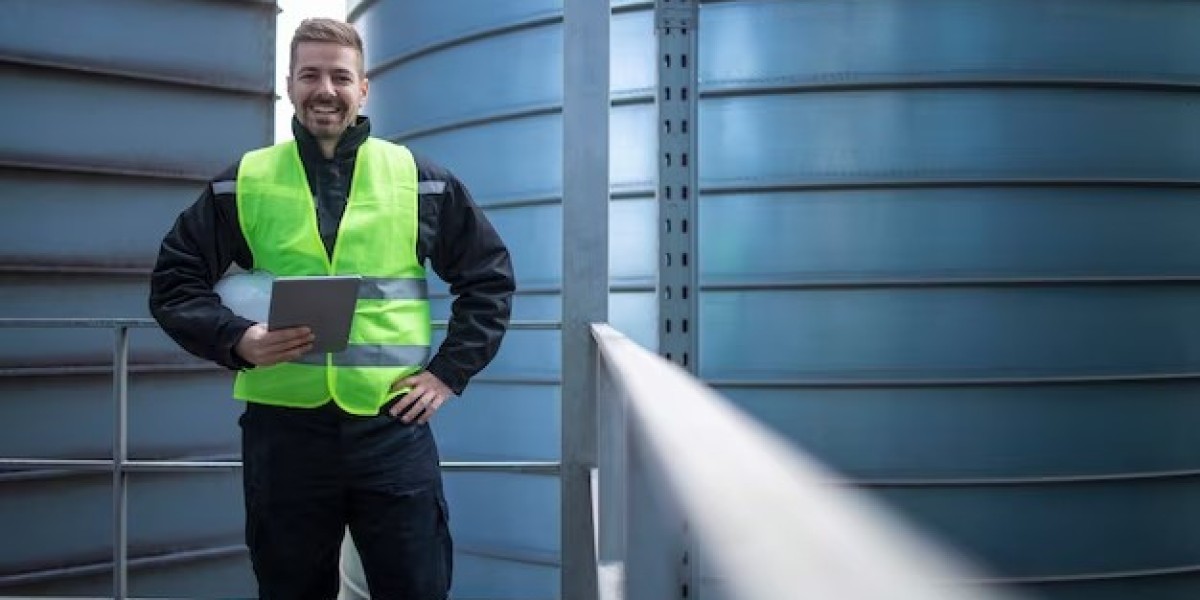Water is a precious resource, and managing it efficiently and sustainably is crucial for the well-being of both present and future generations. Canadian water companies play a pivotal role in this endeavour, as they are responsible for providing clean and safe drinking water to millions of Canadians while also managing wastewater and protecting the environment. In this article, we will explore five essential tips for Canadian water companies to optimise their efficiency and sustainability.
1. Embrace Advanced Technologies
In today's rapidly evolving world, technology is at the forefront of optimising efficiency and sustainability in the water industry. A top Canadian water company should invest in advanced technologies such as:
● Smart Metering: Implementing smart metering systems can help companies monitor water consumption in real time, detect leaks, and improve billing accuracy. This not only reduces water wastage but also enhances revenue collection.
● Data Analytics: Utilising data analytics tools can provide valuable insights into water usage patterns and system performance. Predictive analytics can help identify potential issues before they escalate, enabling proactive maintenance and resource allocation.
● IoT Sensors: Internet of Things (IoT) sensors can be strategically placed throughout the water distribution network to monitor water quality, pressure, and temperature. This data can be used to optimise treatment processes and detect contamination events promptly.
● Automation: Implementing automation in water treatment facilities can improve the precision and efficiency of various processes, reducing energy consumption and operational costs.
2. Prioritise Water Conservation
Water conservation is a top priority for a top Canadian water company, especially considering the increasing demand for water in the face of climate change. Here are some strategies to enhance water conservation efforts:
● Public Awareness Campaigns: Educate the public about water conservation practices, encouraging them to reduce water waste in their homes and businesses.
● Leak Detection: Invest in advanced leak detection technologies to identify and repair leaks in the distribution system promptly.
● Greywater Recycling: Promote the use of greywater recycling systems in residential and commercial buildings to reduce demand for the potable water supply.
● Drought Preparedness: Develop drought contingency plans that include water rationing and alternative water sources to ensure a stable water supply during dry periods.
3. Focus On Water Quality
Ensuring the quality of drinking water is paramount for the health and safety of Canadians. Canadian water companies should implement rigorous water quality management strategies:
● Regular Testing and Monitoring: Conduct frequent water quality testing at various points in the distribution system to identify and address potential contaminants promptly.
● Source Water Protection: Collaborate with communities to protect source water areas from pollution and degradation, safeguarding the quality of the water supply.
● Treatment Optimisation: Continuously improve water treatment processes to meet or exceed water quality standards while minimising chemical usage and waste generation.
● Emergency Response Plans: Develop comprehensive emergency response plans to manage and communicate during water quality crises such as contamination events.
4. Sustainable Infrastructure Development
Investing in sustainable infrastructure is vital for the long-term resilience of Canadian water companies. Here are some key considerations:
● Green Infrastructure: Incorporate green infrastructure solutions such as permeable pavements, green roofs, and rain gardens to manage stormwater, reduce runoff, and enhance water quality.
● Renewable Energy: Explore renewable energy sources like solar and wind to power water treatment facilities, reducing greenhouse gas emissions and energy costs.
● Asset Management: Implement robust asset management programs to extend the lifespan of infrastructure and minimise the need for costly replacements.
● Climate Adaptation: Assess the vulnerability of infrastructure to climate change impacts and develop adaptation strategies to mitigate risks.
5. Collaborate And Innovate
Collaboration and innovation are essential for Canadian water companies to thrive in an ever-changing environment:
● Knowledge Sharing: Collaborate with industry peers, research institutions, and government agencies to share best practices and stay updated on the latest technologies and trends.
● Research and Development: Invest in research and development to discover innovative solutions for water treatment, distribution, and conservation.
● Public-Private Partnerships: Explore partnerships with private sector organisations to leverage expertise and funding for large-scale projects.
Conclusion
Canadian water companies are facing increasing challenges related to efficiency and sustainability. Embracing advanced technologies, prioritising water conservation, focusing on water quality, investing in sustainable infrastructure, and fostering collaboration and innovation are essential steps to optimise their operations. By implementing these five essential tips, Canadian water companies can ensure a reliable and sustainable water supply for current and future generations while protecting the environment.
The Canadian water industry has a critical role to play in ensuring the efficient and sustainable management of this vital resource. By embracing technology, prioritising conservation, maintaining water quality, investing in sustainable infrastructure, and fostering collaboration and innovation, these companies can not only meet the challenges of today but also secure a better future for all Canadians. It is through such proactive measures that the nation can continue to enjoy safe and reliable access to clean water while minimising its environmental footprint.








